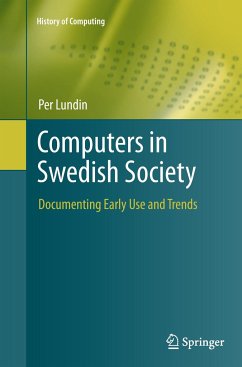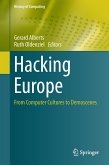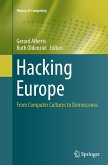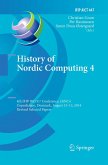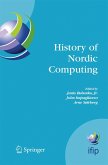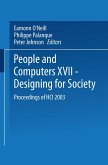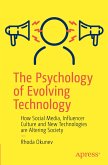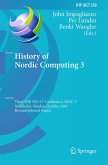This book reviews the shift in the historiography of computing from inventors and innovations to a user-perspective, and examines how the relevant sources can be created, collected, preserved, and disseminated. The text describes and evaluates a project in Sweden that documented the stories of around 700 people. The book also provides a critical discussion on the interpretation of oral evidence, presenting three case studies on how this evidence can inform us about the interaction of computing with large-scale transformations in economies, cultures, and societies. Features: describes a historiography aimed at addressing the question of how computing shaped and transformed Swedish society between 1950 and 1980; presents a user-centered perspective on the history of computing, after explaining the benefits of such an approach; examines the documentation of users, describing novel and innovative documentation methods; discusses the pros and cons of collaborative projects between academia and industry.
From the book reviews:
"Computers in Swedish Society has something of interest to anyone planning an oral history project (particularly one around technology), and to those interested in the early adoption of computers or in the role of users in shaping technology. For oral historians there is much valuable practical advice and methodological discussion, particularly around the comparison of different means of personal testimony gathering." (Thomas Lean, Oral History, Vol. 42 (2), 2014)
"Computers in Swedish Society has something of interest to anyone planning an oral history project (particularly one around technology), and to those interested in the early adoption of computers or in the role of users in shaping technology. For oral historians there is much valuable practical advice and methodological discussion, particularly around the comparison of different means of personal testimony gathering." (Thomas Lean, Oral History, Vol. 42 (2), 2014)

